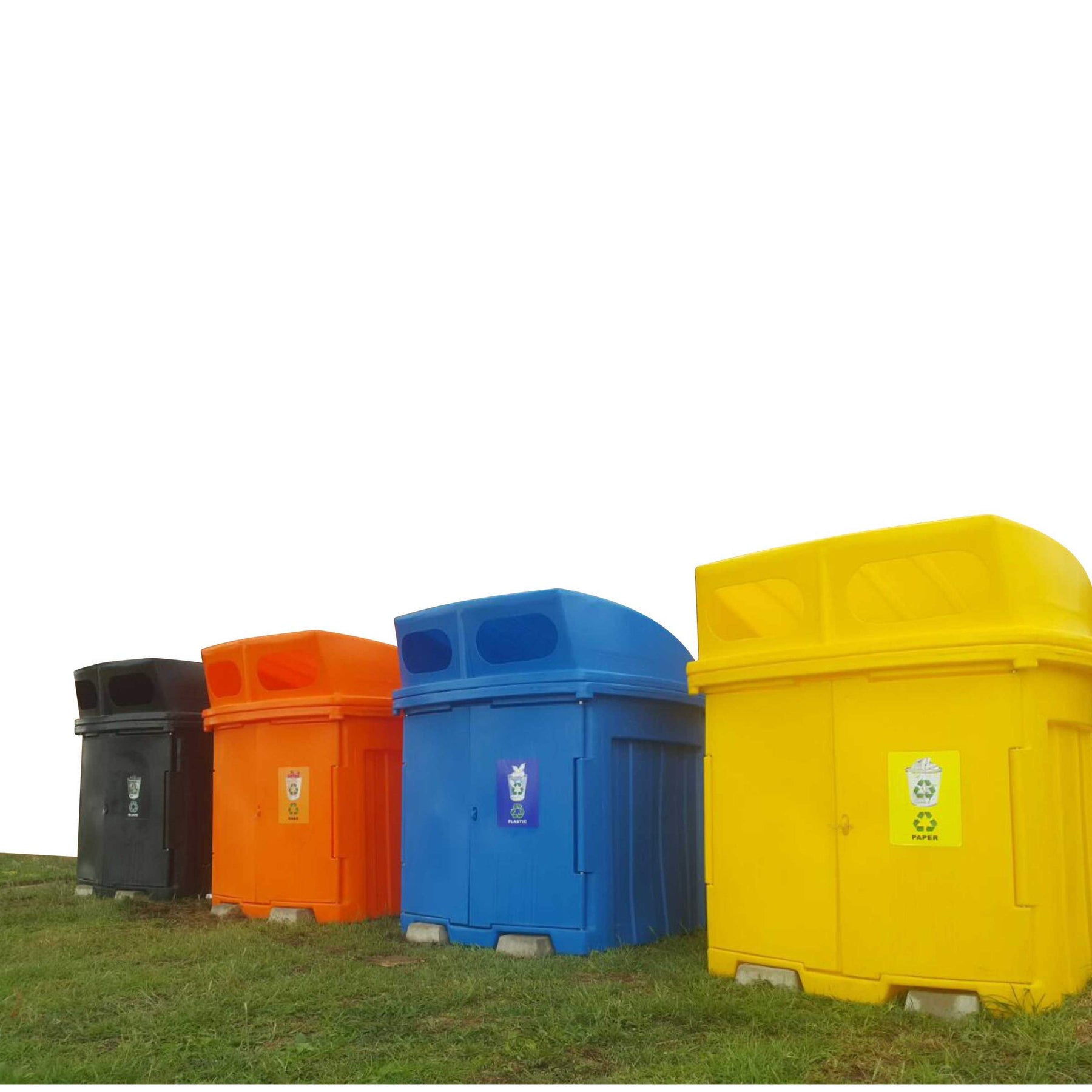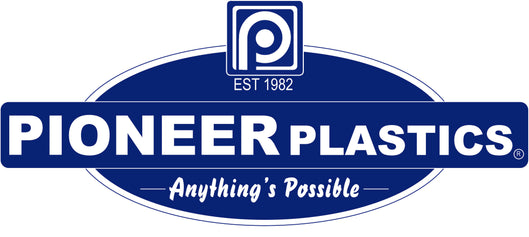
Recycling: starting today to save our tomorrow
The month of June marks Environmental month which focuses on creating awareness of environmental issues and challenging us all to become agents of change.
According to the Research and Markets report on recycling of waste and scrap in South Africa, while South Africa is one of the world leaders in metal packaging recycling, about 98 million tons of waste is deposited across South Africa's 826 landfill sites and less than 40% is recycled. The most recent available figures show that the waste economy contributed approximately R24.3bn to South Africa’s GDP in 2016. Estimates indicate that there are more than 100,000 people earning an income from recycling.
In its 2018 annual State of Waste report, the Department of Environmental Affairs said that South Africa produces 54 million tons of general waste and 67 million tons of hazardous waste, with only 6% of the latter being recycled, says the report.
“Hazardous waste from landfills releases harmful gases which can lead to loss of habitats and fauna while risking public safety,” says Gary Wiid from Pioneer Plastics which specialise in recycling bins.
While these figures expose the dangers of waste, they also show the potential of recycling that is possible. And each one of us can help make a difference to impact on our environment both now and for future generations.
“With many South Africans now working from home, this is the perfect opportunity to invest in recycling. If you have children, by involving them especially from a young age, you are instilling a good habit of creating a more hygienic environment,” says Wiid.
Recycling services have been open since lockdown 4 (to varying degrees as per lockdown level regulations), for the recycling of glass, paper, plastic, metal, and tyres as well as some other materials, such as batteries and light bulbs.
“Most of us recognise the benefits of recycling, but it appears complicated and time consuming, so we don’t always follow through on our good intentions,” says Wiid.
“Recycling should not be a complicated process. The trick is to keep it simple. Make it fun and not a chore, especially for children. The way to do this is to create a system that is convenient, yet effective that the entire family can easily participate in,” says Wiid who suggests the following recycling tips to make recycling easy at home.
- Make the bin location easily accessible by placing it next to your current. Your kitchen could be that place, or a laundry room or even the garage - but only if the location is easy to access.
- Set up a bin system to suit your needs. for your recycling materials such as glass, paper, plastic, and metal. If you have a small space, use a single container to accommodate the recycling materials. Choose a bin that is durable and hygienic, that fits one bag and is easy to clean, making it also perfect for a home office.
- Separate dry recyclable waste (plastic, paper, glass and cans) from household generated waste.
- Become familiar with what is an acceptable recyclable waste, which is usually printed on the recycle bag provided by your municipality.
- Make it fun for the kids and explain how they are helping the environment to nurture a positive attitude towards the recycling habit.
- Stand on cardboard boxes, cans and plastic containers to flatten them. This allows you to fit more recyclable material into your recycling bin.
- Keep paper clean and dry to facilitate a better end product.
- Rise out any soiled containers before placing them in the recycling bin. This prevents food or other substances from contaminating the rest of the recycling materials and keeps your bin odour free. Use grey water (such as water that has already been used to wash you dishes to prevent water waste).
Despite the country’s recycling sector doing well, there is always room for improvement. This is especially in view of the fact that currently most of South Africa’s recyclable materials come from landfills and informal recyclers.
“Change starts with each one of us,” says Wiid. “The more households participate in sorting out their waste, the greater the impact on our environment and living conditions.”
Let’s use this Environmental Month to develop a fresh mindset and challenge ourselves to start a recycling habit. If each one of us takes a stand, we can change the trajectory of environmental contamination, contributing to environmental hygiene both in our lifetimes and that of our future generations to come,” concludes Wiid.
